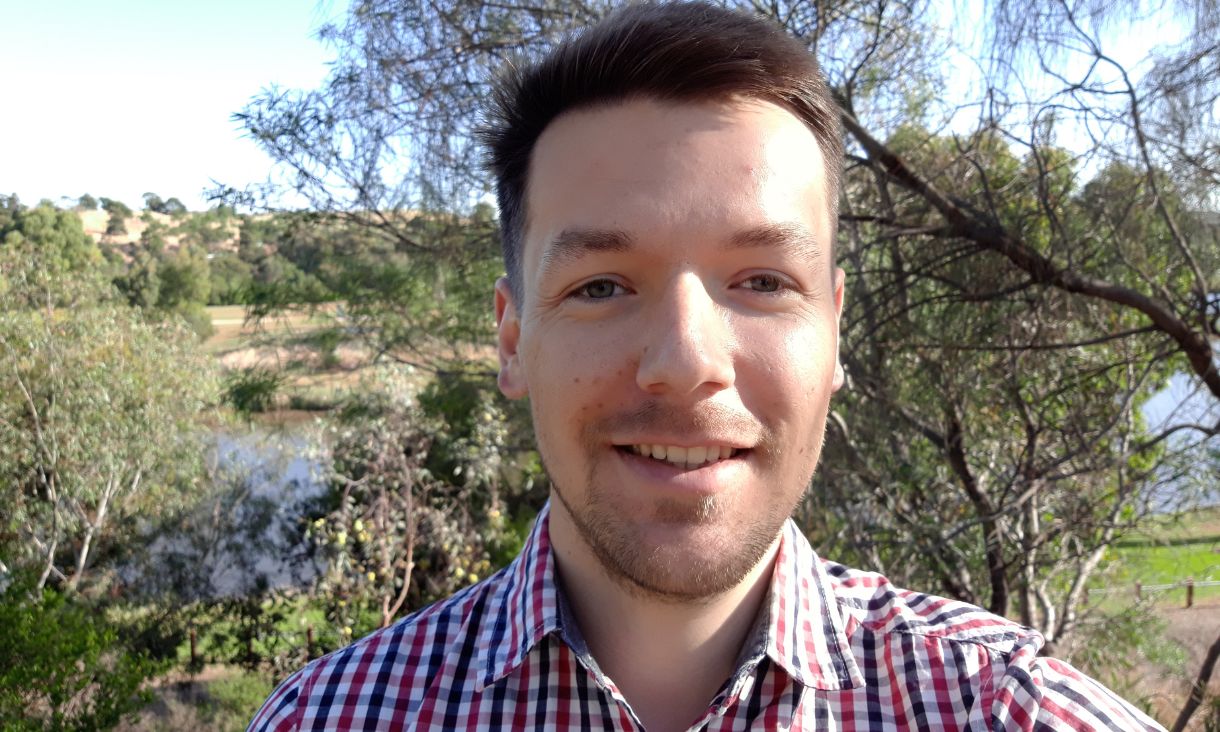Sven hopes that his research will improve methods of carbon accounting and fire predictions, that will ultimately help combat climate change.
Sven is excited to be graduating at the Doctoral Degrees Graduation Ceremony this month, especially after encountering numerous challenges throughout his PhD journey that made graduation day feel out of reach.
“It feels good! There was a time, in December or January, where I was a bit over everything research related, and I wasn’t ready to be proud of my achievements.”
“I’ve come out of that low point, and I’ve realised what I’ve done and how much I’ve accomplished, and it’s a great feeling.”
While dealing with days when working on his thesis felt especially difficult, Sven found that the guidance of his peers and supervisors helped him remain grounded.
“One thing that I really appreciated about my supervisors is that they always took the time to help me whenever I had questions or any other issues. They were really responsive.”
“What I’ve also really come to appreciate is peer review and feedback. While my supervisors played a big role in shaping my PhD, the peer reviews would bring out very different elements to the supervisors, so I learned a lot that way.”
When it comes to advice for current students – research students and undergraduates alike – Sven encourages everyone to practice self-belief.
“In my very first year, I was feeling much smaller than I actually was intellectually, so I probably relied on the opinions of my supervisors too much.”
“I would encourage students to trust themselves and be brave. If your ideas fail, they fail – don't be afraid to try things.”





